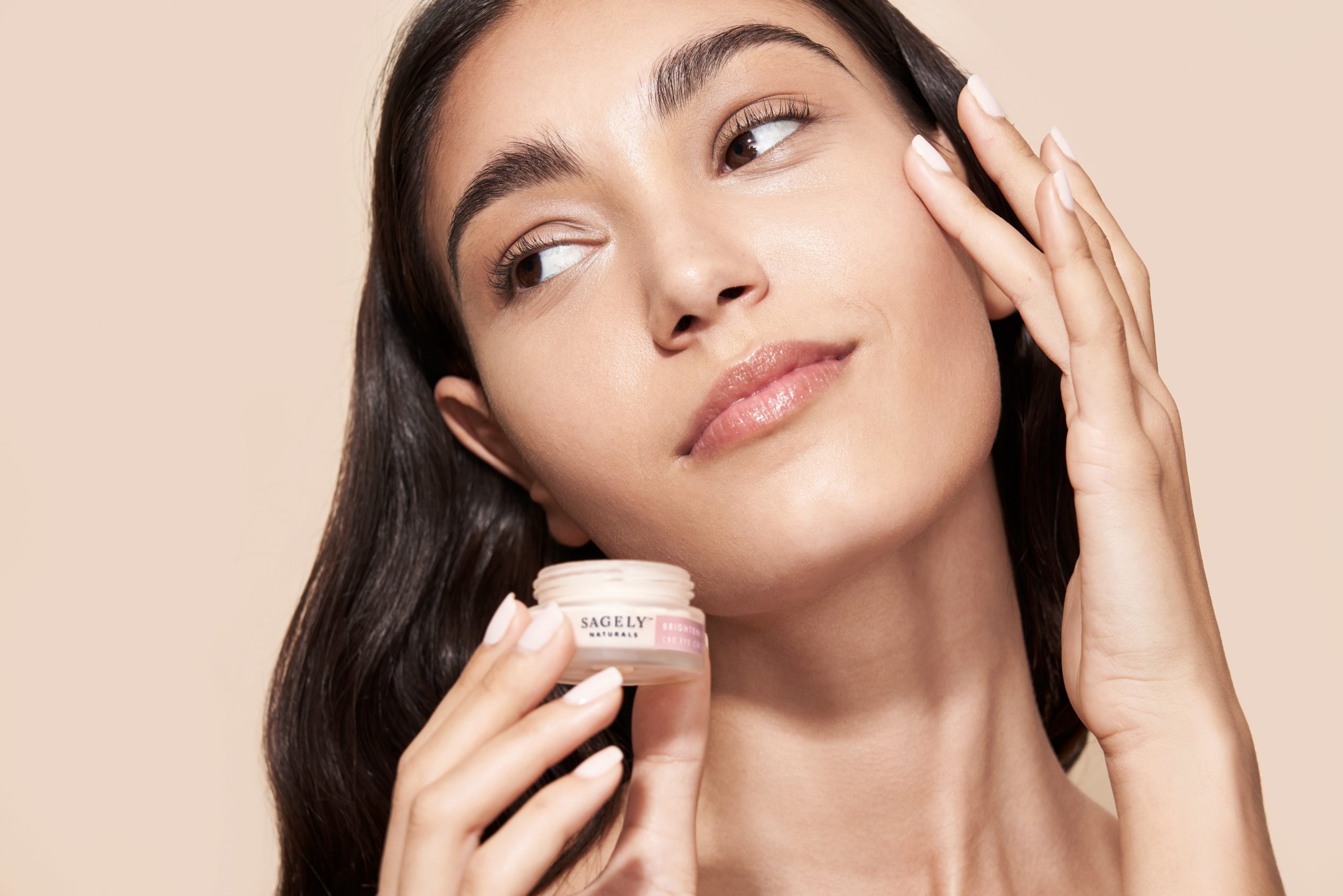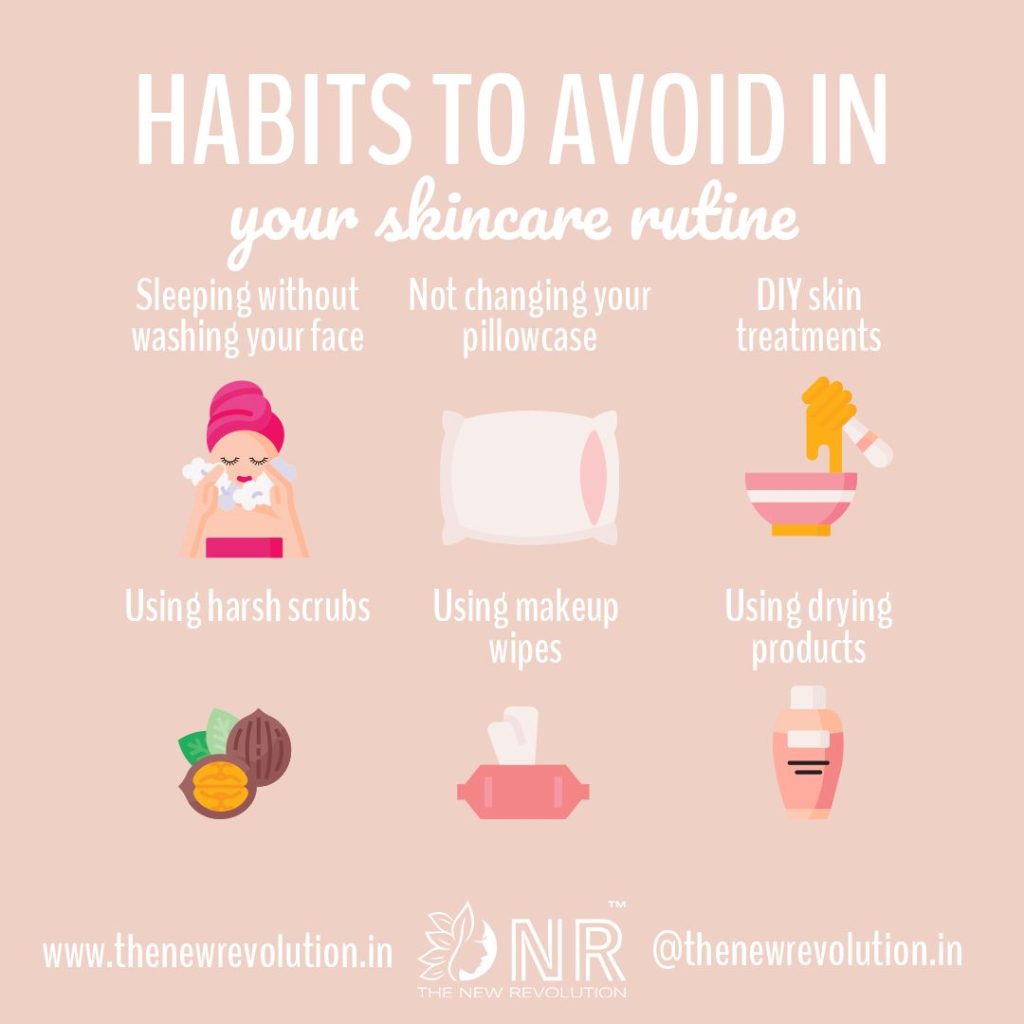

Daily habits can significantly impact your skincare routine, sometimes sabotaging your best efforts to achieve healthy skin. This article explores common daily habits that might be hindering your skincare routine and provides actionable solutions to help you achieve your skincare goals. Understanding these daily habits is the first step towards a more effective and results-driven skincare regimen. This article will cover various aspects, including lifestyle choices, stress management, and specific skincare practices. We’ll delve into the connection between these habits and the impact on your skin’s health, and we’ll offer actionable steps to make positive changes to your routine. The structure of this article is designed to be straightforward and easy to follow, ensuring you can quickly grasp the essential information and put it into practice.
Poor Diet and Its Impact on Skin Health
The Link Between Nutrition and Skin Conditions
Poor dietary choices can negatively impact your skin health in various ways. A diet lacking in essential vitamins, minerals, and antioxidants can lead to dullness, dryness, breakouts, and other skin issues. For example, diets high in processed foods, sugary drinks, and unhealthy fats often contribute to inflammation and acne. Studies have shown a correlation between a high-sugar diet and acne outbreaks. One study published in the Journal of Clinical and Aesthetic Dermatology found a significant increase in acne severity among individuals consuming a diet rich in sugar and refined carbohydrates. On the other hand, a diet rich in fruits, vegetables, and healthy fats can provide the necessary nutrients to support healthy skin function. Consider incorporating foods like berries, leafy greens, and fatty fish into your diet for improved skin health. Additionally, staying hydrated by drinking plenty of water is crucial for maintaining skin elasticity and preventing dryness.
Inadequate Sleep and Its Effect on Skin
The Role of Sleep in Skin Repair
Lack of sleep significantly impacts the skin’s natural repair and rejuvenation processes. While you sleep, your body works to repair damaged cells and produce collagen and elastin, crucial for skin elasticity and firmness. Insufficient sleep can lead to dark circles under the eyes, dullness, and a general lack of radiance. Moreover, a lack of sleep can negatively affect the skin’s ability to protect itself from environmental stressors like pollution and sun exposure. Studies indicate that individuals who sleep less than 7 hours per night have increased instances of skin aging and hyperpigmentation. Therefore, prioritizing adequate sleep (7-9 hours per night) is an integral aspect of any effective skincare routine. Implement a consistent sleep schedule to ensure your body receives the restorative sleep it needs to support optimal skin health.
Stress and Its Relation to Skin Problems
Understanding the Stress-Skin Connection
Chronic stress can significantly affect your skin’s health and appearance. Stress triggers the release of hormones like cortisol, which can lead to increased oil production, inflammation, and breakouts. Long-term stress can also exacerbate existing skin conditions and make them more difficult to manage. Stress can also lead to poor skin elasticity and increased signs of aging like fine lines and wrinkles. This is because prolonged stress can damage collagen and elastin fibers, impairing the skin’s ability to retain moisture and firmness. Implementing stress-management techniques can help. Examples include meditation, yoga, and spending time in nature to reduce stress levels and promote healthier skin.
Skipping Sunscreen and Its Consequences
The Importance of Sun Protection for Healthy Skin
Skipping sunscreen is arguably one of the most detrimental daily habits for skincare. Sun exposure is a major contributor to premature aging, sunspots, and skin cancer. Without adequate protection, your skin is exposed to harmful UV rays that damage collagen and elastin, leading to wrinkles and sagging. Consistent use of broad-spectrum sunscreen with an SPF of 30 or higher is essential for protecting your skin from the harmful effects of the sun’s rays. Remember to reapply sunscreen every two hours, especially after swimming or sweating. Using protective clothing, such as wide-brimmed hats and long sleeves, can also provide additional protection from the sun.
Related Post : How Stress Can Affect Your Skin More Than You Think
Improper Skincare Practices and Its Impact
Choosing the Right Products for Your Skin Type
Using the wrong skincare products for your skin type can lead to adverse reactions like breakouts, irritation, and dryness. Products that are too harsh or contain ingredients that are incompatible with your skin can disrupt the skin’s natural balance. It is critical to carefully select skincare products that are suitable for your skin type and concerns. Conduct thorough research or seek professional advice to determine the optimal skincare regimen for your needs. Consider consulting a dermatologist to determine if you have any underlying skin conditions and to receive personalized recommendations. By using products specifically tailored to your skin’s needs, you can avoid potential problems and maintain a healthy complexion.
Ignoring Skin Concerns and Delayed Treatment
The Significance of Early Intervention
Ignoring skin concerns, such as breakouts, dryness, or redness, can sometimes lead to more significant problems. Early intervention and addressing concerns promptly can prevent issues from escalating. Don’t ignore signs of skin irritation. Consult a dermatologist to identify the root cause and get personalized advice to treat skin issues effectively. Early intervention prevents problems from worsening and enables faster resolution. Paying close attention to your skin and promptly seeking professional advice when necessary are crucial aspects of a successful skincare routine.
Ignoring Skin Concerns
Early Intervention
Ignoring skin concerns, such as breakouts, dryness, or redness, can often lead to more serious problems. Early intervention and prompt treatment are crucial for preventing issues from escalating. Don’t ignore signs of skin irritation. Instead, consult a dermatologist to identify the root cause and obtain customized advice for effective treatment. Addressing concerns promptly helps prevent the condition from worsening and facilitates faster resolution.
Poor Sleep Hygiene and Its Impact
Creating a Conducive Sleep Environment
Poor sleep hygiene can also contribute to issues with your skincare routine. Establishing healthy sleep habits can contribute to better skin health. To cultivate healthy sleep habits, consider creating a sleep-conducive environment free of distractions. A dark, quiet, and cool environment conducive to sleep can facilitate restful sleep and contribute to healthy skin.
Neglecting Skincare Routine Consistency
Benefits of Consistent Habits
Inconsistency in your skincare routine can hinder its effectiveness. A consistent skincare routine helps maintain skin health and prevent premature aging. Make a point to establish and maintain consistency in applying your skincare routine. By following a consistent regimen, you maintain a healthy skin balance and promote long-term well-being. Consistent application of moisturizers and sunscreens is essential for maintaining skin health and preventing premature aging.
In conclusion, daily habits significantly impact your skincare routine. Identifying and addressing these habits is key to achieving healthier, more radiant skin. By adopting a mindful approach to your daily routines, you can unlock your skin’s full potential. Start by implementing the tips outlined in this article, and remember to consult a dermatologist for personalized advice. Ready to transform your skincare routine? Click here to explore more tailored tips and strategies.